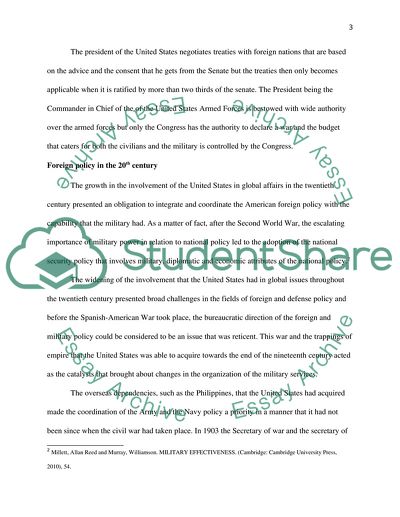Cite this document
(“American Foreign Policy: 1900-2000 Research Proposal”, n.d.)
Retrieved from https://studentshare.org/history/1634887-american-foreign-policy-1900-2000
Retrieved from https://studentshare.org/history/1634887-american-foreign-policy-1900-2000
(American Foreign Policy: 1900-2000 Research Proposal)
https://studentshare.org/history/1634887-american-foreign-policy-1900-2000.
https://studentshare.org/history/1634887-american-foreign-policy-1900-2000.
“American Foreign Policy: 1900-2000 Research Proposal”, n.d. https://studentshare.org/history/1634887-american-foreign-policy-1900-2000.


